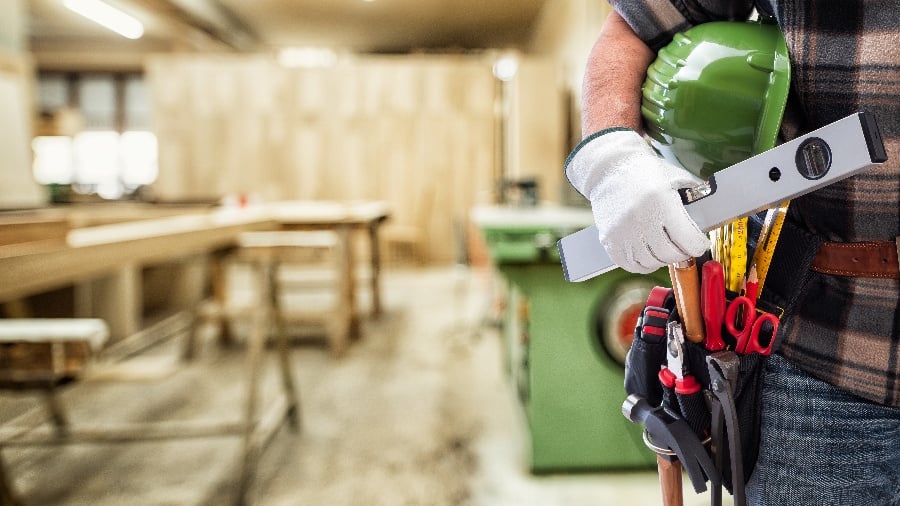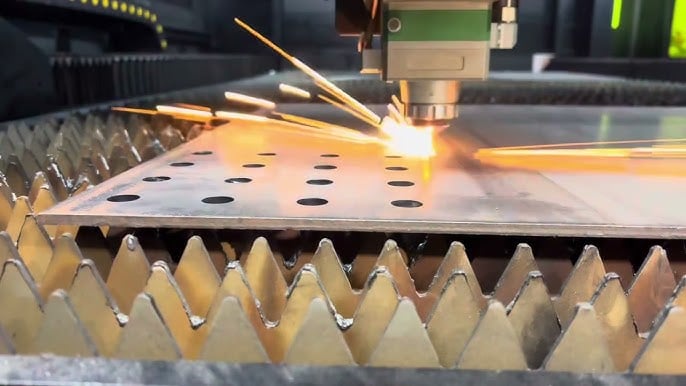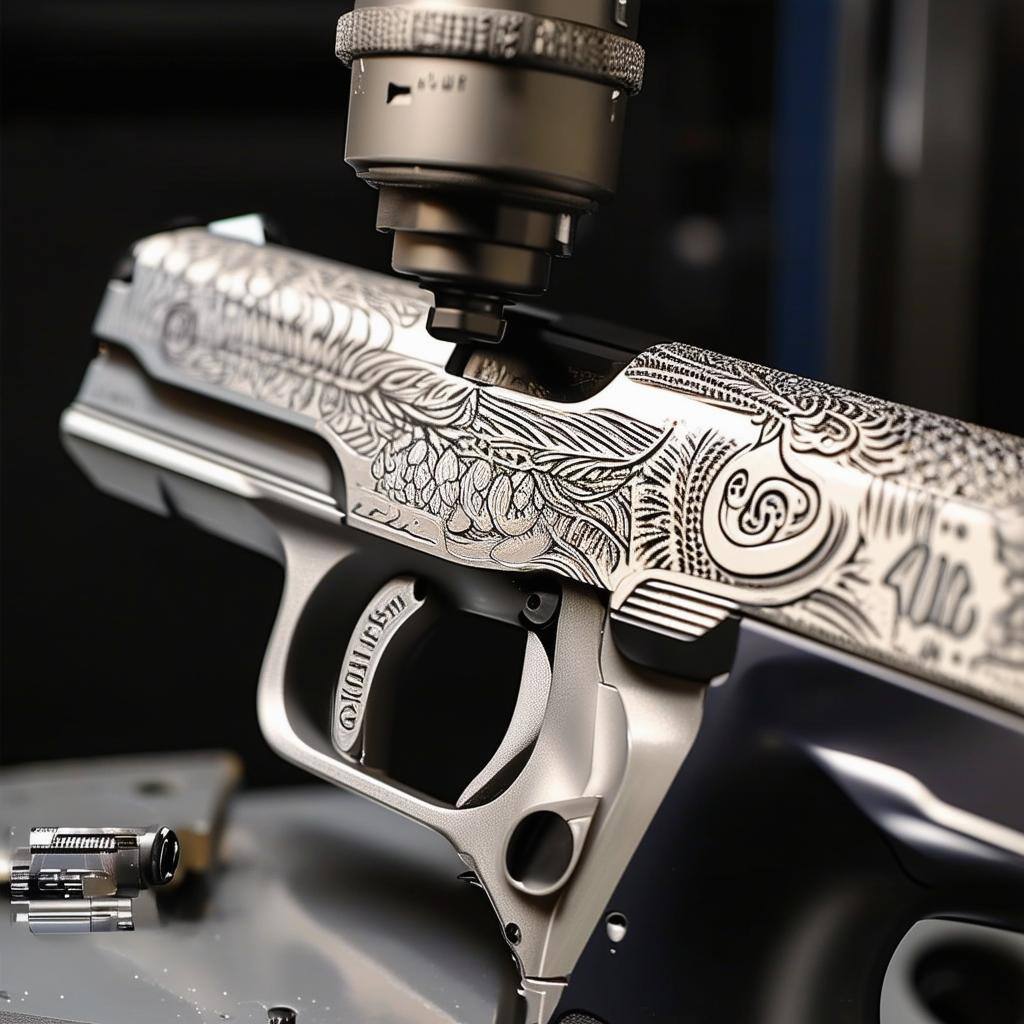Lean principles focus on the elimination of waste and putting the customer's needs first. It sounds fairly simple - who wants to be wasteful?
But successfully implementing lean principles in woodworking is a bit more complicated. It requires a different approach and a specific mindset that resonates throughout an organization.
And it requires the right equipment and machinery that can meet standards and efficient productivity goals.
Lean is now one of the dominant management philosophies in manufacturing because it has gotten results.
Toyota was the first to forge lean principles, applying the work of Dr. Edward Deming. Lean helped Toyota become a global power in the industry.
As others in manufacturing noted Toyota's success, the philosophy spread. First to other companies in the auto industry and then to other manufacturing sectors.
Eliminating Waste
Lean focuses on eliminating waste in seven areas:
- Inventory
- Motion
- Over-processing
- Overproduction
- Waiting
- Transportation
- Defects
Much of the lean approach involves just in time production, which means producing what you need to meet customer demand.
This approach can prevent having excessive inventory, which is a waste of space and creates storage costs.
Quality Control
Eliminating defects is another important aspect of lean; products that don't meet specifications are a waste of materials and time. Poor production quality also creates pressure on quality control and other aspects of the business.
Finally, there's motion and waiting. Inefficient manufacturing equipment can lead to employees who are out of sync and waiting for production to be completed, or the workforce simply isn't being maximized.
The right machines and equipment in woodworking can help address all of these issues.
Quality machines can reduce defects and allow manufacturers to meet the needs of clients precisely. A machine that operates efficiently and consistently can improve productivity.
The production process can be better coordinated, reducing waiting and keeping production moving.
To implement lean principles in woodworking, quality machines that can meet specifications, and the pressures of just-in-time production are essential.
Precise Woodworking Machinery Essential
Automated, high-quality, precise machinery is a necessity for any manufacturer seeking to implement lean principles in woodworking. Laguna Tools provides the type of machines that can be essential for optimum productivity and precision.
Founded in 1983 by Torben Helshoj, Laguna Tools imported high-quality European woodworking machinery to the U.S. to achieve the quality standards they desired.
The company eventually developed its own CNC Automation and created several different lines, including the SmartShop Series®, the Swift Series, and the iQ Series. Laguna's machines continue to embrace and meet the same quality standards that first inspired the company's creation.
Laguna machines simplify production at an affordable price.
Laguna Tools' turner series of CNC lathes perfectly fit the waste reduction approach of lean. The CNC routers are computerized, automated, and allow for a wide array of designs.
Laguna also has more advanced machinery such as CO2 Lasers and Plasma Cutters. Laguna's machines are precise and efficient, ensuring productivity while minimizing defects.
Implementing Lean
Implementing lean principles in woodworking is something that impacts every aspect of an operation.
It requires organizational commitment and a mindset that must extend to every phase of an organization. That includes the equipment and tools essential to the manufacturing process.
Outdated or inefficient machinery will undercut any attempt to implement lean principles in woodworking. Having the right machines is one of the first steps of implementing lean principles.
It allows a company to ensure the efficient use of employees while ensuring quality for customers.
Contact us for any questions or help on what machine is the right fit for your needs.




